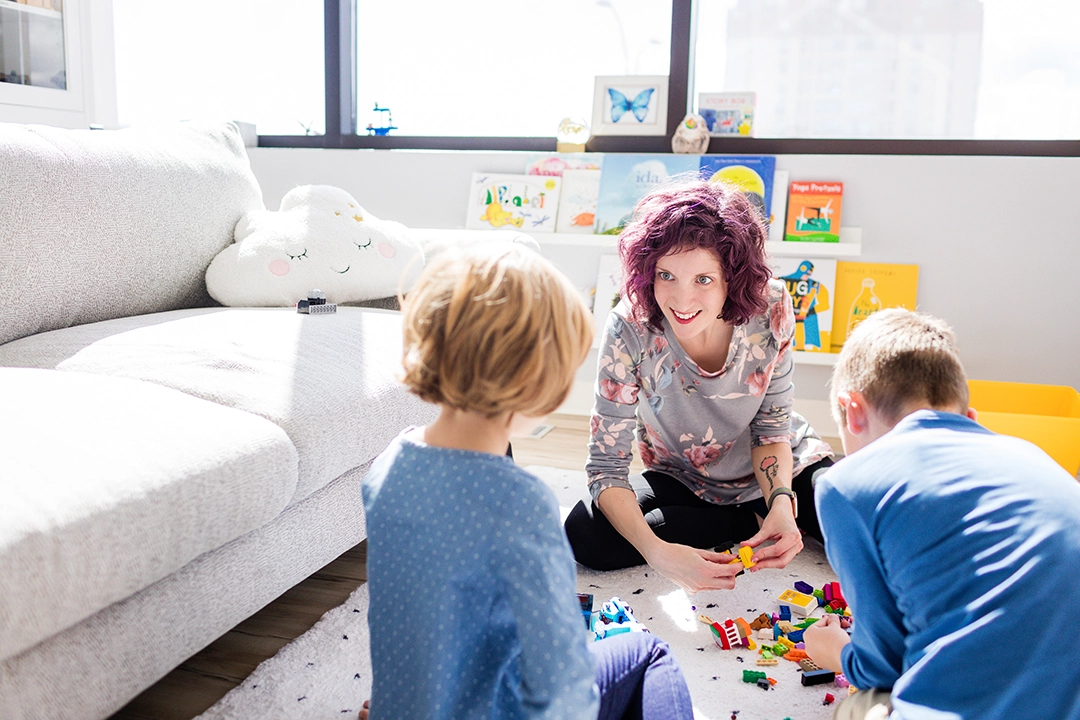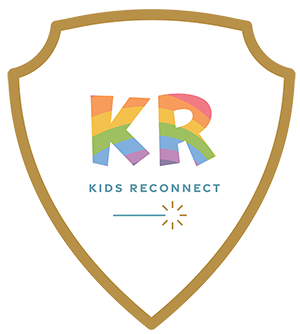
In this blog post, play therapist Natalie Bergman talks
about the different impacts on children of high-fantasy play
and lower-fantasy play or reading
Imaginative play is critically important to a child’s development
Did you know that pretend play, like imagining a tea party or building a spaceship, can help your child develop important life skills? It’s one reason kids love dressing up at Halloween. When kids engage in imaginative play, they practice executive function (EF) skills like impulse control and flexible thinking. By pretending, they learn to manage their emotions and think outside the box.
However, not all imaginative play has the same effects. Studies show that watching high-fantasy TV shows can actually reduce EF skills temporarily, because they overload children’s ability to process information. On the other hand, lower-fantasy programs or reading don’t show the same negative impact.
The key to unlocking the benefits of imaginative play
The key is encouraging active play — where your child uses their imagination to create worlds and solve problems — helps them practice cognitive and emotional skills that prepare them for real-life challenges.
Why is imaginative play important?
Imaginative play is important for three main reasons:
- Pretend play helps with problem-solving and creativity.
- It teaches flexible thinking by decoupling reality from imagination.
- Imaginative play also strengthens impulse control and emotional regulation.
While a balance of fantasy and reality is important, supporting your child’s active involvement in imaginative play may have long-lasting benefits for their growth and development.
We invite parents to read more about this fascinating topic.
The research article is linked below.
References
White, R. E., & Carlson, S. M. (2021). Pretending with realistic and fantastical stories facilitates executive function in 3-year-old children. Journal of Experimental Child Psychology, 207. https://doi.org/10.1016/j.jecp.2021.105090
Meet the author
Would you like to learn how to better connect with your child by playing with them?
Our child therapists are experts at guiding parents as well as kids.
Here are some tips to help you rev up your play skills!












